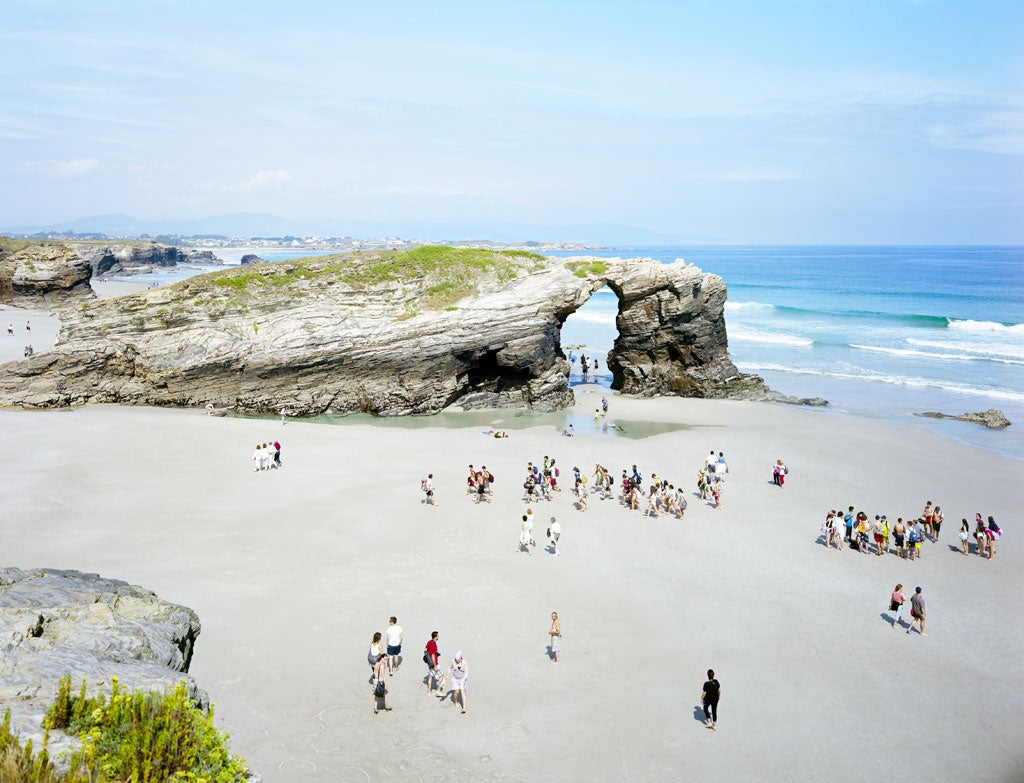
Your support helps us to tell the story
From reproductive rights to climate change to Big Tech, The Independent is on the ground when the story is developing. Whether it's investigating the financials of Elon Musk's pro-Trump PAC or producing our latest documentary, 'The A Word', which shines a light on the American women fighting for reproductive rights, we know how important it is to parse out the facts from the messaging.
At such a critical moment in US history, we need reporters on the ground. Your donation allows us to keep sending journalists to speak to both sides of the story.
The Independent is trusted by Americans across the entire political spectrum. And unlike many other quality news outlets, we choose not to lock Americans out of our reporting and analysis with paywalls. We believe quality journalism should be available to everyone, paid for by those who can afford it.
Your support makes all the difference.We're accustomed to seeing images documenting the savage impact we humans have on the natural environment. Experts have even coined a new geological age – the Anthropocene – that acknowledges the cumulative effect we're having on the planet through industrialisation, urbanisation and greenhouse-gas emissions.
It's a theme that the Italian photographer Massimo Vitali has spent 15 years pursuing, his colourful prints depicting the crowd-choked beaches of the Mediterranean offering us a critique on that particular form of human encroachment. But his latest work, which includes this shot of Las Catedrales beach in northern Spain, takes a literal and philosophical step back.
By relocating to more remote areas across Europe, Vitali has chosen to document the many unspoilt landscapes still in existence, evoking the romantic landscape paintings of the 17th and 18th century and their emphasis on stark, natural beauty. "In the past two years my work has slowly been evolving into a more nature-dominated theme," he explains. "In a way, whatever we do now, in the end nature will prevail and there's little we can do to oppose these massive forces."
Because for Vitali, it's simply a question of different time-frames: our brief human existence is but a tiny drop in the ocean compared to the truly ancient rocky extrusions shown here. Rising out from beneath the sands, these rough-hewn outcrops tower over the people below, "shot to look like a colony of penguins", as if to emphasise our own temporal, fleeting existence.
Massimo Vitali's photographs are at the Brancolini Grimaldi Gallery, London W1, until 28 January 2012. www.brancolinigrimaldi.com
Join our commenting forum
Join thought-provoking conversations, follow other Independent readers and see their replies
Comments